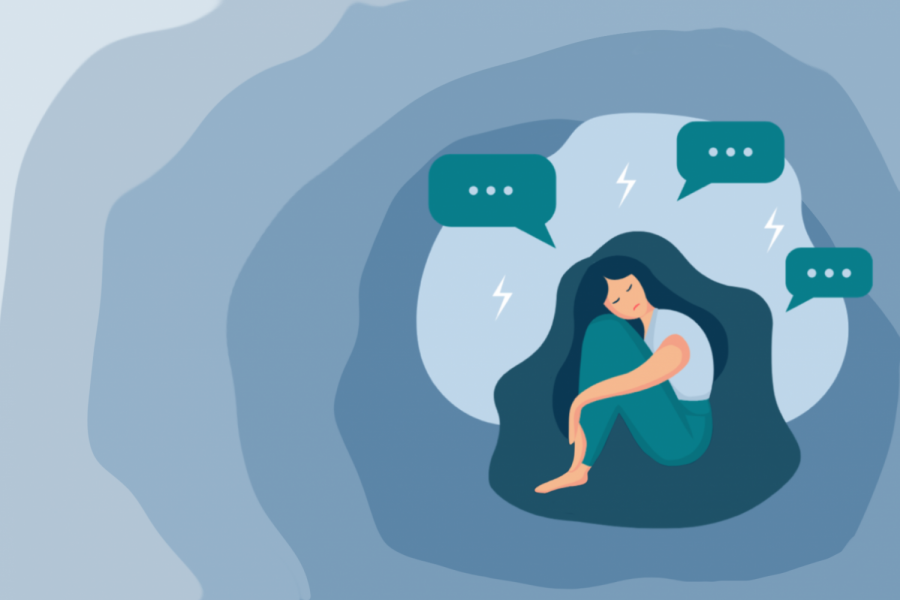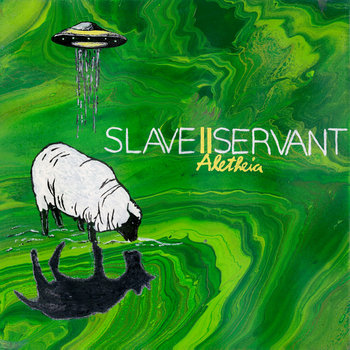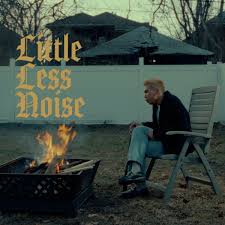Anxiety in the Age of COVID-19
November 8, 2021
Em Krebaum, a former COD student, was diagnosed with anxiety disorder when he developed an irrational fear of throwing up. He has experienced increased anxiety because of the COVID-19 pandemic. “If you get COVID,” Krebaum tells me, “then you can get nauseous and throw up, and that’s a trigger for me, so I definitely don’t want to get COVID.” His companion, Peggy, a beagle mix, sits on the carpeted floor beside his chair. According to him, Peggy has done as much to help with his anxiety as therapy has. He adds that his main coping mechanisms for dealing with his anxiety are distractions and grounding techniques. He also shares a powerful mantra with me: “I am in control. I am in my happy place. Nothing’s going to happen. Everything is okay.”
According to the NYC Health Department, anxiety includes feelings of nervousness, fear, tension, numbness, worry, or feeling that something bad is about to happen. It can also be associated with physical symptoms such as shortness of breath, rapid heartbeat, sweating, cold hands, trembling, trouble concentrating and difficulty sleeping.
The U.S. Census Bureau’s Household Pulse survey found that “a larger share of young adults (ages 18-24) have reported symptoms of anxiety compared to older adults throughout the pandemic.” Globally, in children and adolescents, anxiety symptoms during COVID-19 have doubled, compared with estimates before the pandemic. Rates were higher later in the pandemic in older adolescents and in girls.
Krebaum’s experience is just one out of many causes of anxiety for teenagers and young adults during the COVID-19 pandemic. Some find themselves struggling with finances from being unemployed. Some have to come to grips with the loss of a loved one. Some even become stressed over the politicization of mask mandates and vaccines. Disputes between friends and family over vaccinations cause further anxiety. For college students, the decision of whether or not to take a year off from education has been more critical than ever over the last year.
Yousef Matariyeh, a psychologist at Lisle High School, has seen a flood of students struggling with pandemic-related emotions. He believes that students’ anxieties nowadays have been amplified by the anxieties that their families face. “I think the severity of what students are going through is more significant,” he tells me, “and I think what’s made it more significant, is [that] that student is not alone. I think the family unit is experiencing a little bit more anxiety and more mental health.”
The CDC recommends people with anxiety take breaks from watching, reading or listening to news stories about the pandemic. They also advise people to eat healthily, exercise regularly, get plenty of sleep, talk to others about their concerns and get vaccinated. But what matters most of all during this pandemic is safety. “As long as you are safe,” Matariyeh tells his students, “you’ll be safe.” They also urge people experiencing considerable levels of anxiety to seek professional help.
If you’re feeling overwhelmed with anxiety, contact COD’s mental health department. All of their information can be found in this link, https://www.cod.edu/student_life/resources/counseling/personal_counseling/index.aspx.

















